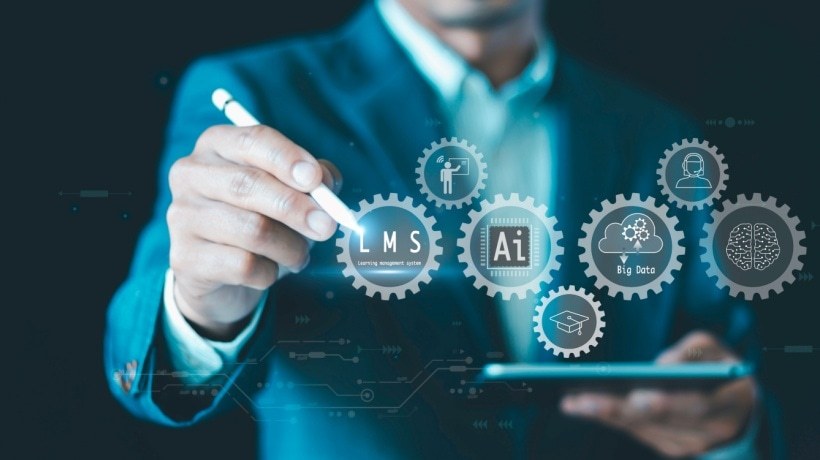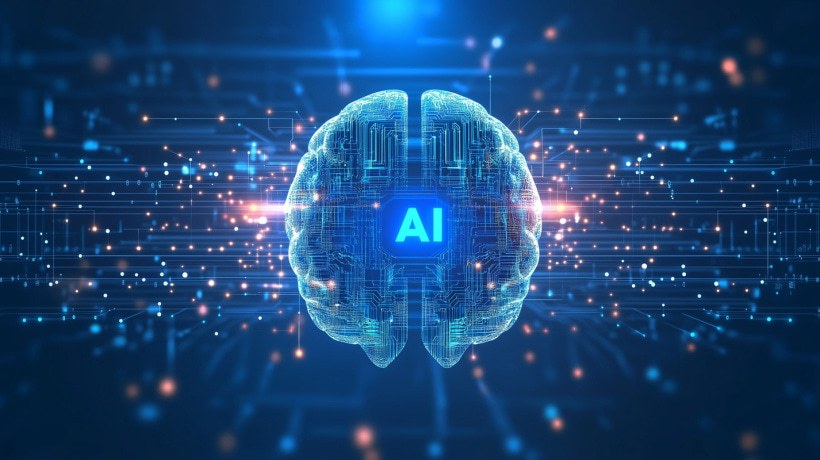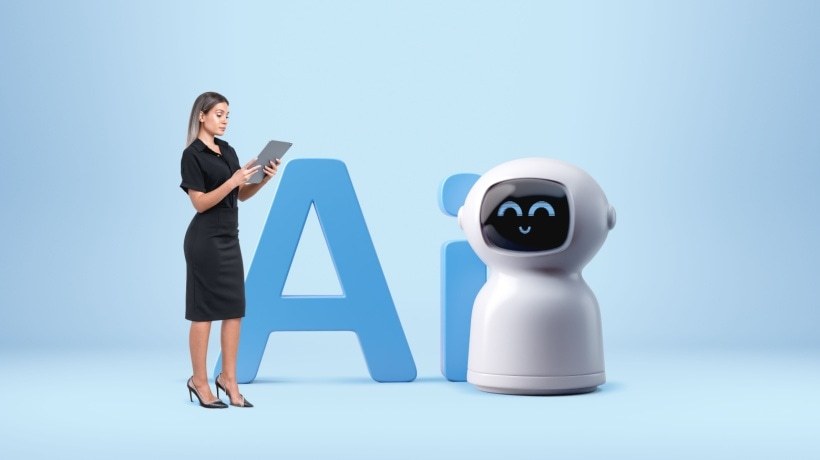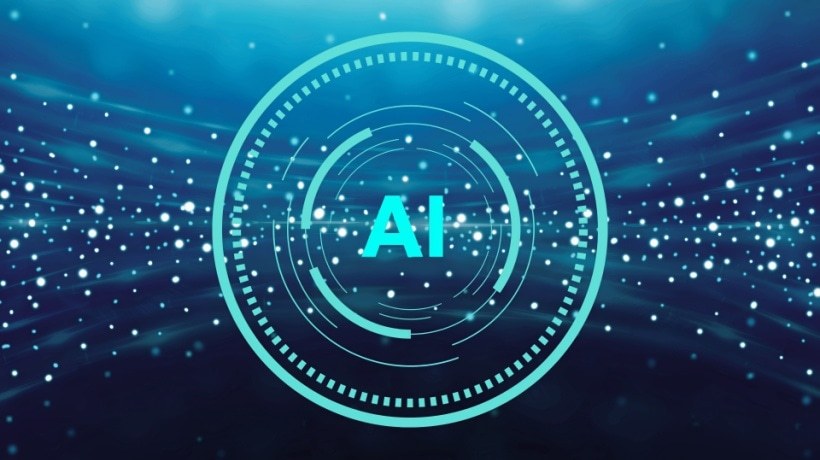AI In LMS: Promising Changes
AI is transforming most industries at the moment, and the learning technology sector is certainly no exception. As LMS vendors since 2005, we've seen the emergence of online learning platforms. We've witnessed and played our part in their rapid development and adaptation to new technologies. In fact, AI in LMS promises to be the most rapid and dramatic change in our 20 years in business. Some AI learning technology features are already well-established within learning platforms, while many of the biggest changes are still to come. Let's explore how AI is completely transforming the future of LMSs.
AI Content Generation And Summarization
Your inbox, messaging apps, and social media accounts have quickly become hosts of AI content generation tools. The same generative AI tools are now entering learning platforms, too. This includes:
- Speedy creation of quizzes, resources, and course content.
- Translating LMS content.
- Automatically updating course content based on changes.
AI also streamlines the processes for creating and maintaining LMS learning content, which ultimately makes admins' lives easier.
Personalized Learning Experiences
While it's better for learning professionals to deliver learning experiences tailored to each learner, this has now become easier than ever. This is why personalization is one of the biggest LMS trends in 2025. Here are some ways to use AI to provide personalized learning:
- AI-Powered Recommendation Engines
AI in LMS suggests courses to learners based on their roles, previous learning, and other behaviors. - Adaptive, Automated Learning Pathways
The integration of AI in LMS allows learners to be automatically assigned their next course based on performance, organizational or individual skill gaps, or other criteria.
These personalized experiences enhanced by AI make it even simpler to use an LMS for highly targeted and effective skills development.
Automated AI LMS Admin
AI is cutting the time and resources needed to manage an LMS. L&D teams can now delegate tasks to AI that were previously very time-consuming, and AI can deliver the same results more quickly and cost-effectively. These tasks include:
- Managing Enrollments
Automatically assigning learning based on a learner's role, experience, and other factors. - AI Grading
Self-marking quizzes, plagiarism detection integrations, and other forms of AI grading are already popular. - Automated Reminders
Notifications or emails are sent automatically to learners who need to complete a particular task or course. - Compliance Tracking
AI makes it quick and simple to assign and monitor compliance training. - AI Course Tagging
Automated tagging of courses to make them easier to find in catalogs and searches.
Taken together, these time-saving tools give LMS admins extra budget and resources to invest in other aspects of their L&D programs.
More Interactive Learning Experiences
Using AI in LMS platforms enables any organization to create an incredibly engaging learning environment. Previously, this level of interaction was beyond the budgets of most companies, but that is no longer true. Some of the available features are:
- AI-Powered Virtual Presenters
''Deep fake''-style hosts for engaging courses and content. - 24/7 Virtual Assistants
Chatbots designed with knowledge limited to specific parts of an LMS can provide support and guidance throughout courses.
It's now very affordable to offer the highest standards of presentation and support to learners.
Integrating Popular AI Tools
Many third-party AI tools can now be used within an LMS. Through simple integrations, L&D teams can incorporate popular AI tools directly into their learning platforms. Popular examples include:
- ChatGPT Plugins
Interactive, tutor-like chat functionality, as well as text-to-question or text-to-image. - AI Proctoring
Use the power of AI for online exam proctoring. - Transcription Tools
AI-powered transcription of lectures and other video content.
As AI continues to develop, other widely used features will also be integrated within LMSs.
Data-Driven Decisions
An LMS is full of data about every aspect of an L&D program. AI is simplifying the process of sorting through and understanding this data, enabling organizations to make informed decisions. The integration of AI in LMS platforms involves:
- Closing Skills Gaps
AI makes skills gap analysis easier by helping to identify strengths, gaps, and trends. - Recruitment Decisions
Use AI to quickly identify internal candidates with the right skills, experience, and aptitude to thrive in a new role. - Learner Intervention
Follow historic data to know when someone is succeeding or is in need of extra support.
AI also makes much of this data available in easily understood visual formats.
Conclusion
AI is here to stay, and its impact will only accelerate in the coming years. LMS buyers can harness the power of AI to stretch budgets, scope, and learning goals. AI technology enhances the capabilities of an LMS, providing organizations with a range of features and functionalities that were previously inaccessible to many. This represents one of the most significant transformations brought about by AI in learning technology: it is now easier for most organizations to achieve complex, costly, or time-consuming goals at a fraction of the former costs.










